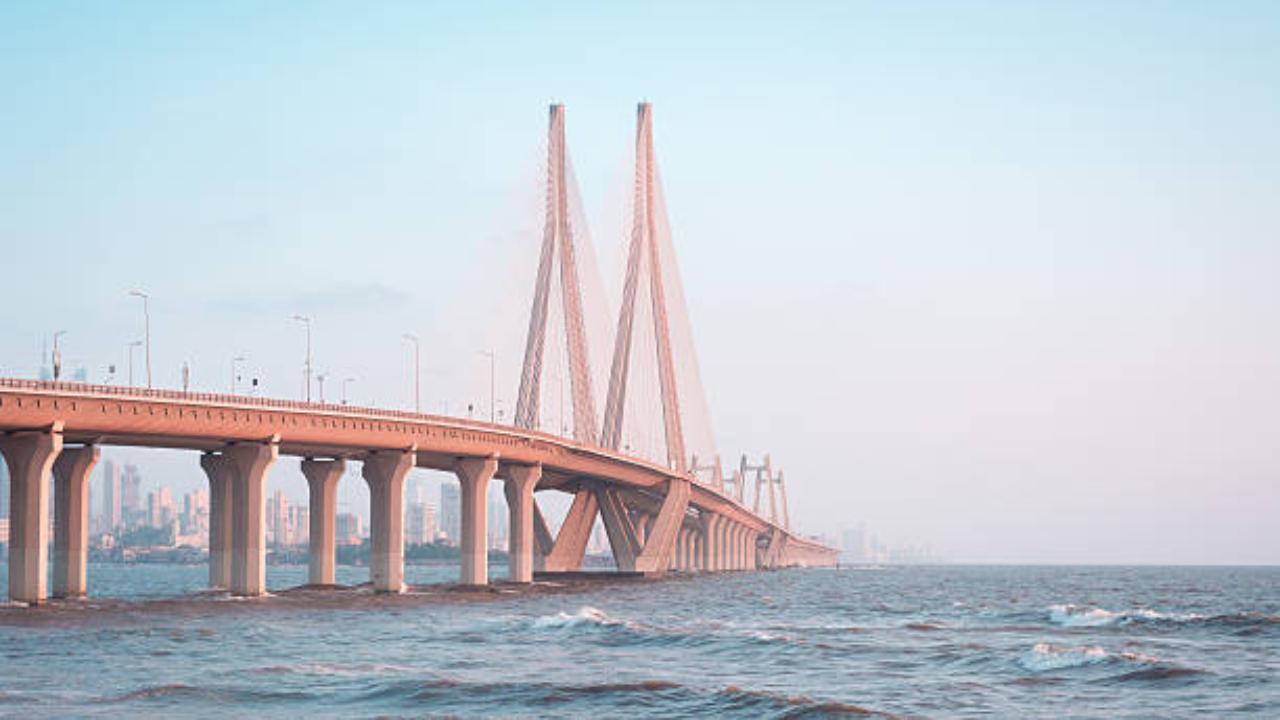More than 10 per cent of the land in Mumbai and up to 10 per cent in Panaji and Chennai is at risk of inundation by 2040 due to climate change-induced sea-level rise, according to a new study

Image for representational purposes only (Photo Courtesy: iStock)
Continuing greenhouse gas emissions and other environmental concerns are leading to global warming and climate change across the world, including India. Increasing global temperatures are also accelerating melting of glaciers and mountains causing an increase in sea levels.
ADVERTISEMENT
According to a new study, several coastal cities in India are at risk of inundation by 2040 due to climate change-induced sea-level rise.
The study by Bengaluru-based think tank Center for Study of Science, Technology and Policy (CSTEP) said more than 10 per cent of the land in Mumbai and up to 10 per cent in Panaji and Chennai is at risk of inundation by 2040. It also stated that up to 5 per cent of land in Kochi, Mangalore, Visakhapatnam, Udupi and Puri can be submerged due to rising sea levels.
The report titled "Sea level rise scenarios and inundation maps for selected Indian coastal cities" examined sea-level change under historical and future climate scenarios in 15 Indian coastal cities and towns -- Chennai, Mumbai, Thiruvananthapuram, Kochi, Mangalore, Visakhapatnam, Kozhikode, and Haldia, Kanyakumari, Panaji, Puri, Udupi, Paradip, Thoothukudi and Yanam.
Mumbai has experienced the maximum rise in sea levels (4.440 cm), followed by Haldia (2.726 cm), Visakhapatnam (2.381 cm), Kochi (2.213 cm), Paradip (0.717 cm), and Chennai (0.679 cm) from 1987 to 2021, the study revealed.
Also Read: From Aarey to Navi Mumbai: Mumbai’s ongoing battle to preserve its green spaces in an urban hub
"Further, the rise in sea levels will continue until the end of the century under all IPCC shared socioeconomic pathway scenarios in all 15 cities and towns, with the highest rise predicted for Mumbai," it said.
Shared socioeconomic pathways are climate change scenarios of projected socioeconomic global changes up to 2100.
By 2100, sea levels would rise by 76.2 cm in Mumbai, 75.5 cm in Panaji, 75.3 cm in Udupi, 75.2 cm in Mangalore, 75.1 cm in Kozhikode, 74.9 cm in Kochi, 74.7 cm in Thiruvananthapuram, and 74.7 cm in Kanyakumari even under the medium-emission scenario.
CSTEP said that more than 10 per cent of the land in Mumbai, Yanam, and Thoothukudi; 5-10 per cent in Panaji and Chennai; and 1-5 per cent in Kochi, Mangaluru, Visakhapatnam, Haldia, Udupi, Paradip and Puri would be submerged due to rise in sea levels by 2040.
Land submergence would be higher in 2100 in Mangalore, Haldia, Paradip, Thoothukudi and Yanam than in Mumbai and Chennai under the high-emission scenario.
With flooding events already happening quite frequently in Indian cities, these statistics present a worrisome picture. According to the study, key sectors that will be impacted include water, agriculture, forest and biodiversity, and health. The beaches, backwaters and mangrove forests are particularly at risk, impacting biodiversity and tourism.
Haldia, Udupi, Panaji and Yanam -- having significant agricultural areas, wetlands, and waterbodies -- will face inundation due to rising sea levels.
(With inputs from PTI)
 Subscribe today by clicking the link and stay updated with the latest news!" Click here!
Subscribe today by clicking the link and stay updated with the latest news!" Click here!







